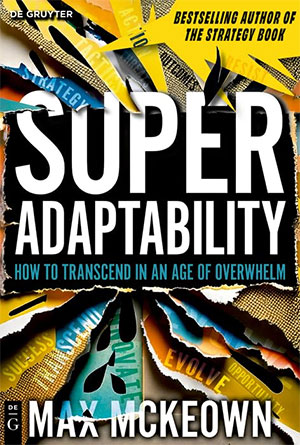Latest book podcasts
Vish Alluri: The Enlightened Manager
02 Feb 2026
Vish Alluri, co-author of ‘The Enlightened Manager', discusses a thoughtful approach to management which draws on the teachings of the philosopher, Jiddu Krishnamurti.
Steve Cockram: the Voice-Driven Leader
23 Dec 2025
Steve Cockram, co-founder of Giant Worldwide, talks about his latest book, 'The Voice-Driven Leader' and explains how to create environments in which every voice gets heard.
What is Relationship Currency?
18 Nov 2025
Keynote speaker and transformational coach, Ravi Rajani, talks about his new book, 'Relationship currency: five communication habits for limitless influence and business success'.
Hone - how purposeful leaders defy drift
07 Nov 2025
We dive into the new book from Deloitte's Geoff Tuff and Steven Goldbach, 'Hone - how purposeful leaders defy drift'.



